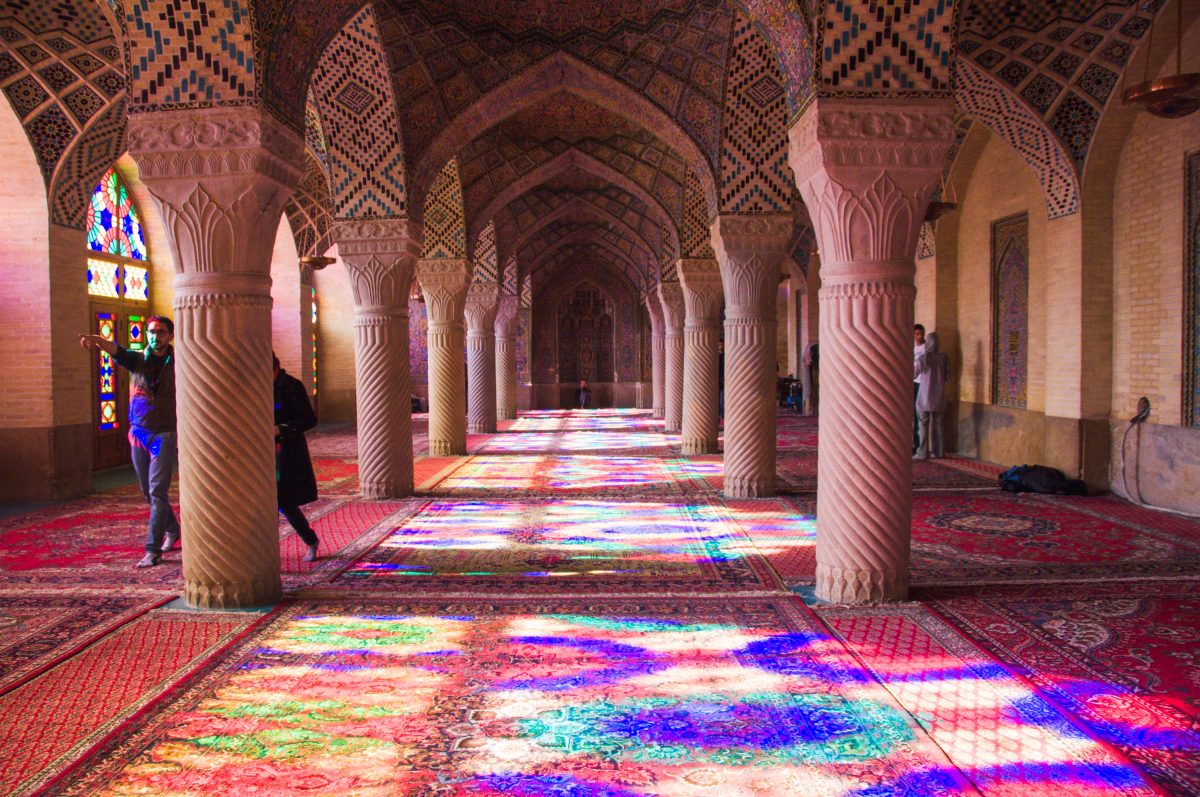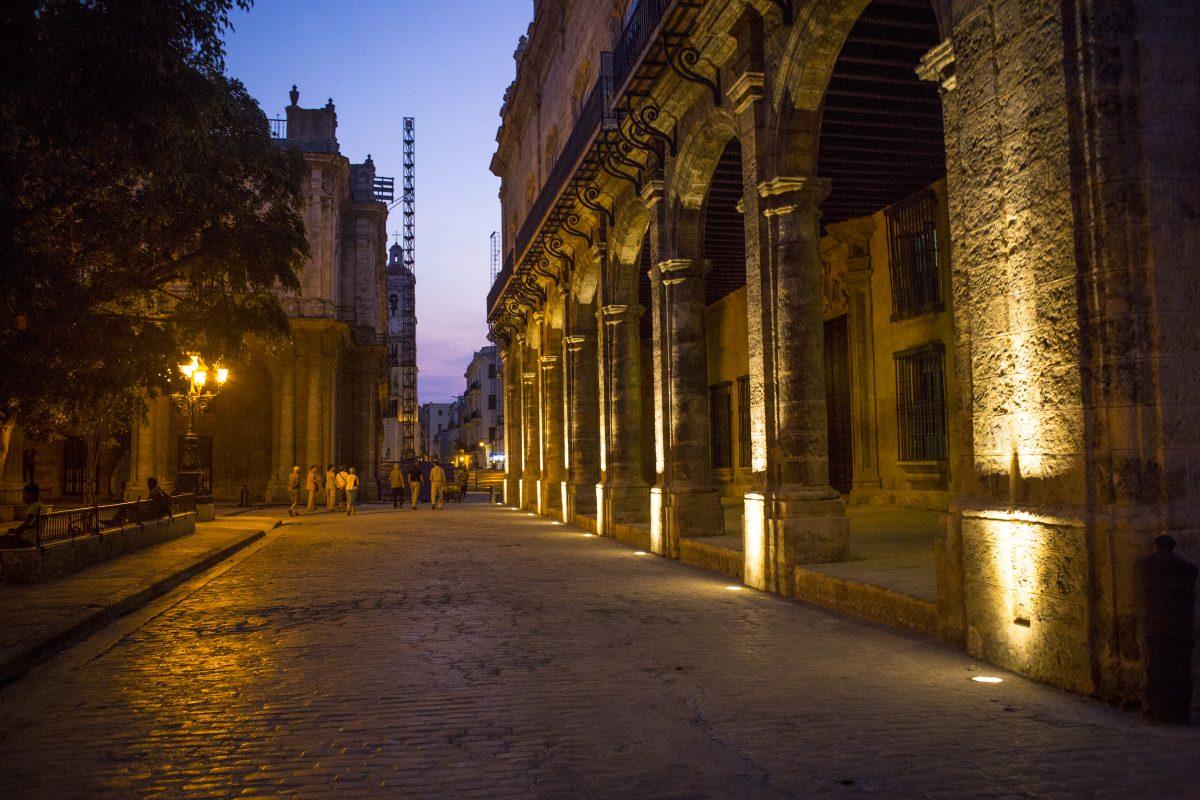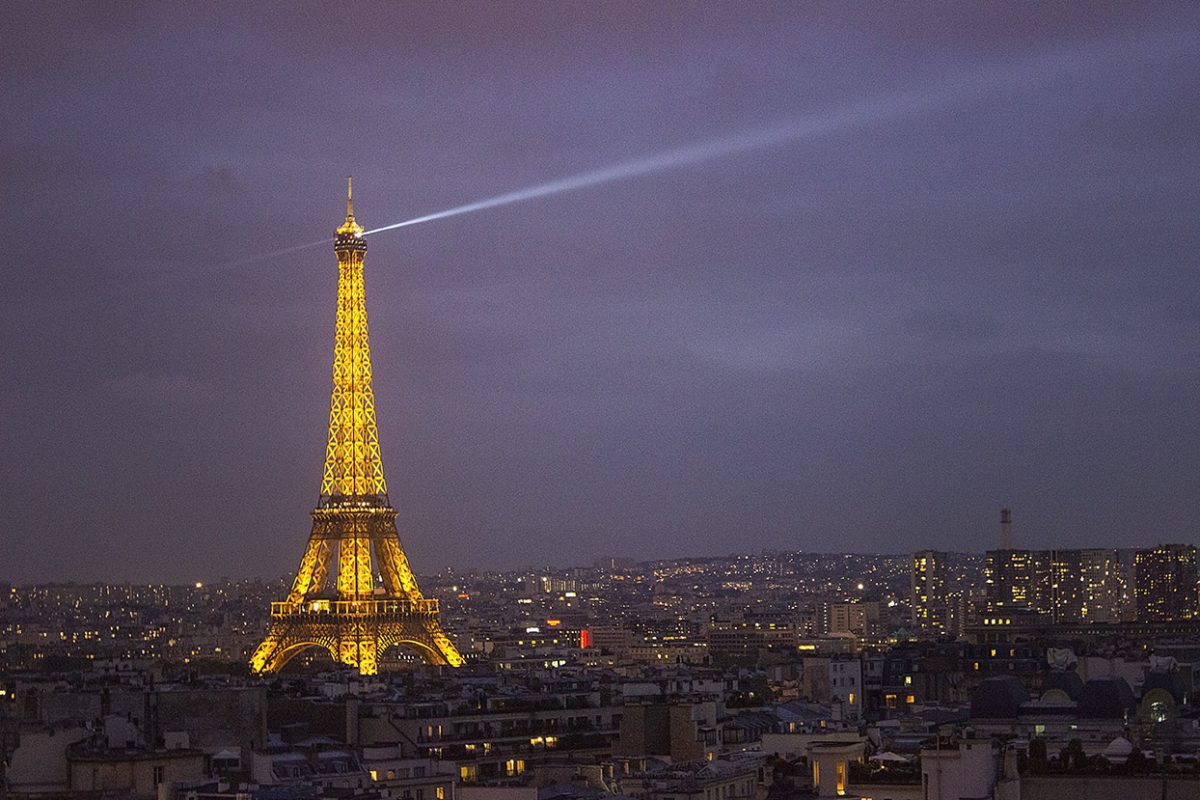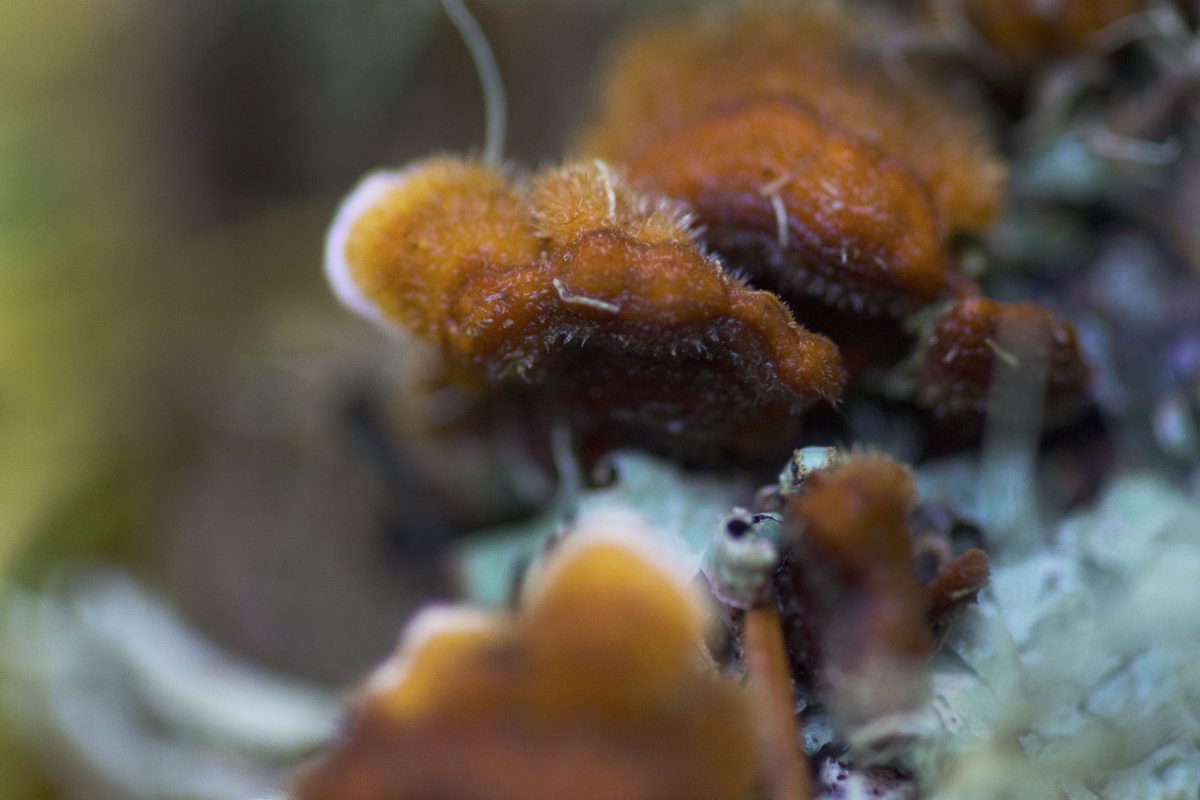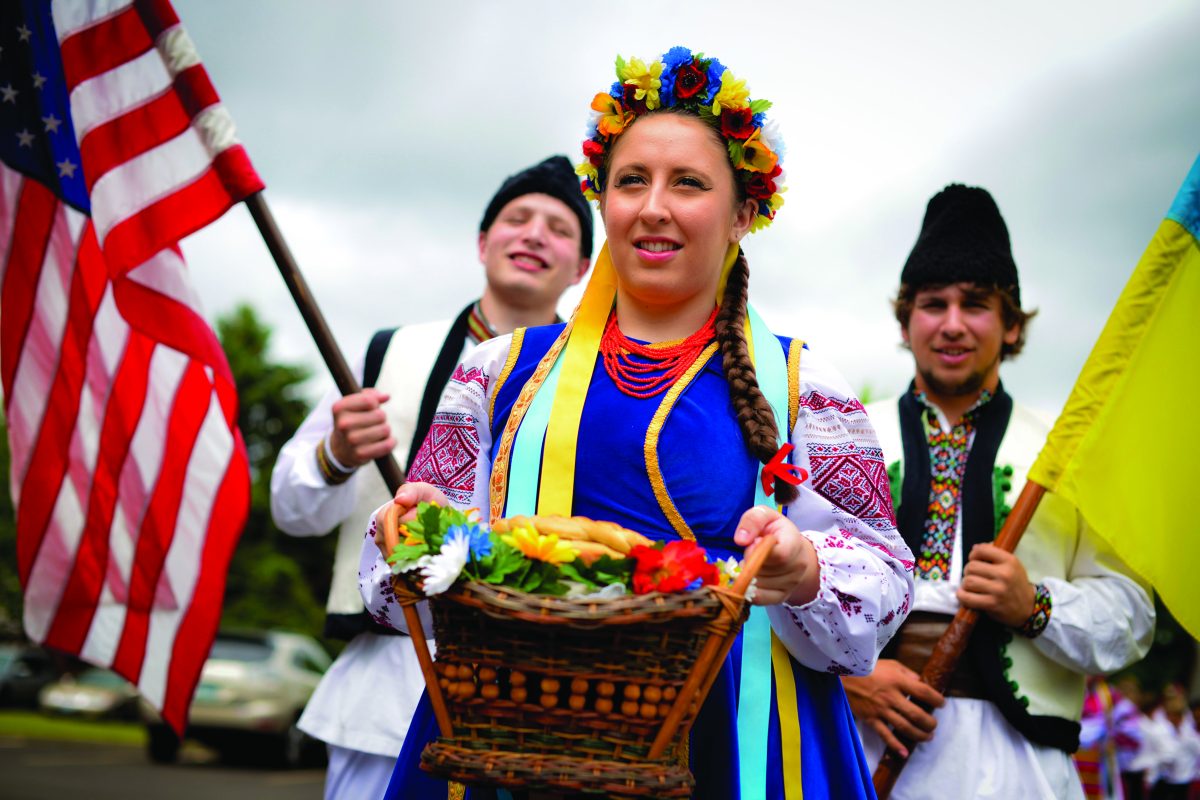Story by Kerri Anderson
Photo by Kyle McKee
I have always wanted to try mud pie. When I was little, my brother and I would wait for the puddles that a rainy day left behind. We would prepare pie after pie, but we were never allowed to eat our delicious desserts. My mom said we could only take pretend bites. “Mud is yucky,” she would add, and then her face would scrunch up tightly.
Fifteen years later, I’m in the bateyes (pronounced “bah-tays”) of the Dominican Republic, the poverty-stricken section of the country’s sugar and banana plantations. Here, cooking mud pies is more than a child’s game. When there isn’t enough food, the locals bake a mixture of dirt and water over an open fire to make mud cookies. In the bateyes, mothers feed their families mud pies simply to stay alive.
It’s March 2011 and I’ve signed up for a community service trip with the University of Oregon, thinking that the experience will satisfy my desire to help save the world. As I board the plane with a group of 15 students and advisors, I already feel proud of what I plan to accomplish during the next six days. I’ll be working alongside North American doctors and dentists to provide medical care for those living on the border between Haiti and the Dominican Republic.
Ten hours later we arrive in Monte Cristi, a sleepy Dominican coastal town about an hour away from the bateyes. The locals are friendly and chatty. The kids, all dressed in tidy school uniforms, enjoy showing off their broken English. The small town has a few restaurants, a grocery store, a hotel, and an ice cream shop. While this isn’t a luxury area, the quality of life in Monte Cristi is drastically different from what we later witness in the bateyes.
Each morning our group travels to one of the several poor batey communities in the area (there are an estimated 400 such towns along the border). On the first day, I gaze through the window at the line of people waiting for us. Many of the adults have dark skin and prominent cheekbones, but it is their large eyes that I notice first. Despite their vivid beauty, they gaze out emotionlessly.
The people in line stare at us while we set up our makeshift clinics. Most of the women hold smiling babies in their laps. The children’s eyes seem different than those of the adults. They glisten with innocence and a blissful unawareness of what they don’t have: basic human rights and an identity in their own country.
While both the Dominican Republic and Haiti are independent countries, they share the same island, Hispaniola. Geography plays a primary role in their drastic economic differences. Mountain ranges force the majority of rain to fall on the Dominican Republic, leaving Haiti with an arid climate unable to support much vegetation. The Dominican Republic’s fertile land means the residents have greater access to resources while Haiti struggles to feed its rising population.
Eighty-two years ago, these economic differences, aggravated by a history of political conflict, resulted in widespread discrimination against Haitians within the Dominican Republic. It was 1930 when Rafael Leonidas Trujillo took control of the Dominican Republic and began his infamous push to “cleanse” the nation of Haitian blood. In October 1937, he led a campaign to brutally murder any Haitian found outside of the bateyes. The Dominican Republic refers to this one-month massacre as El Corte, or The Cutting.
Today the mass killings have ended, but the Dominican government continues to support Trujillo’s “cleanse” by denying citizenship to Haitian immigrants and residents of Haitian descent. According to the international organization Human Rights Watch, the Dominican government deports 10,000 to 30,000 Haitians annually. To avoid this fate, many settle in the bateyes, providing a steady supply of cheap labor for the wealthy plantations.
Each batey community is built around an open dirt field where barefooted children run around snapping whips or playing soccer. Tiny homes made from uneven wooden boards and tin roofs dot the landscape. Most of the homes have a wood stove used to cook meals of rice or beans. That is, if there is any food that day.
As I begin my first day in the bateyes, I question the dreams I had of saving the world. While watching a woman sweep outside her hut’s crooked front door, I realize my ignorance in thinking that these people belong to a world different from my own. The woman’s sweeping may only reveal a layer of caked dirt, but she keeps cleaning the small square in front of her home, taking pride in what she owns.
Each morning we travel to a different batey where I am assigned to a registration table to pass out brightly colored bracelets for the day’s medical clinic. In Maguaca, a small batey on the outskirts of Monte Cristi, a large iron gate surrounds the concrete area where we set up the clinic. The doors stay tightly closed until the clinic is ready, preventing a crowd of antsy children, desperate mothers, and weathered old men from rushing my table. Tiny brown hands grip the iron bars and huge round eyes peer through the gaps. I sit on the other side of the fence and try to avoid their gaze.
When the gates finally open, I give each person a bracelet printed with a registration number and ask them for their name, age, medical complaint, and nationality. Few say Haitian. Those who do don’t announce it with pride like those who say Dominican. Once a patient has a bracelet, he or she must wait, sometimes up to four hours.
To pass the time, I do my best to make people smile. I soon learn my digital camera is the best way to connect with people. The kids beg to have their pictures taken, but I’m surprised to find the adults also enjoy being photographed. When I point the lens at an older woman, her smile reveals several gaps where teeth should be. Before I push the button, I notice a glimpse of the same shimmer I see in the children’s eyes. She looks at the picture on the tiny digital screen for several minutes before asking me to take another. I wonder how long it has been since she really looked at her own face—there aren’t many mirrors hanging up in the bateyes. Perhaps this woman can’t even recognize herself.
Most of the time, I can’t understand the pronunciation of a prospective patient’s name so I try to spell it out to the best of my ability. When I’m wrong, most people scoff or laugh and take the sticker with a misspelled name. I wish I could take the time to give them the dignity of wearing a correctly spelled name tag, the only form of written identification the bateyes residents typically have.
Throughout the week, I notice how much the people enjoy simply interacting with the volunteers. We acknowledge them as humans through a gentle touch, be it a hand to hold while the dentist completes an examination or an offer to cradle a baby while the mother has a tooth pulled. One four-year-old boy stands by my table for a long time before he decides to sit on my lap. Every time I look down at his face, he grins; this becomes our game. I wish I could remember his name.
I have a name on my passport that reminds me that I am a citizen of the United Kingdom. That piece of paper is not what makes me feel human. I felt human when I shook my principal’s hand at my high school graduation and when I gripped my best friend’s arm as we sat through our classmate’s funeral. I feel human when my dad lets me stand on his toes while we dance around the kitchen, or when my boyfriend rubs his thumb across the top of my hand while we walk. A human touch is a powerful thing.
Categories:
Borderlands
April 2, 2012

For the first time it strikes me that the people we are helping are not “others.” I cannot give these people a piece of paper with their legal identification on it. Nor can I provide clean toothbrushes for every child or meals for every person in the bateyes. However, I can make each person feel accepted as a fellow human being by speaking to an old man in his own language, by taking pictures alongside smiling children, by comforting babies as they wait for their mothers. I can touch their lives and remind them that they are human. And they can do the same for me.
Borderlands
0
Donate to Ethos
Your donation will support the student journalists of University of Oregon - Ethos. Your contribution will allow us to purchase equipment and cover our annual website hosting costs.
More to Discover




